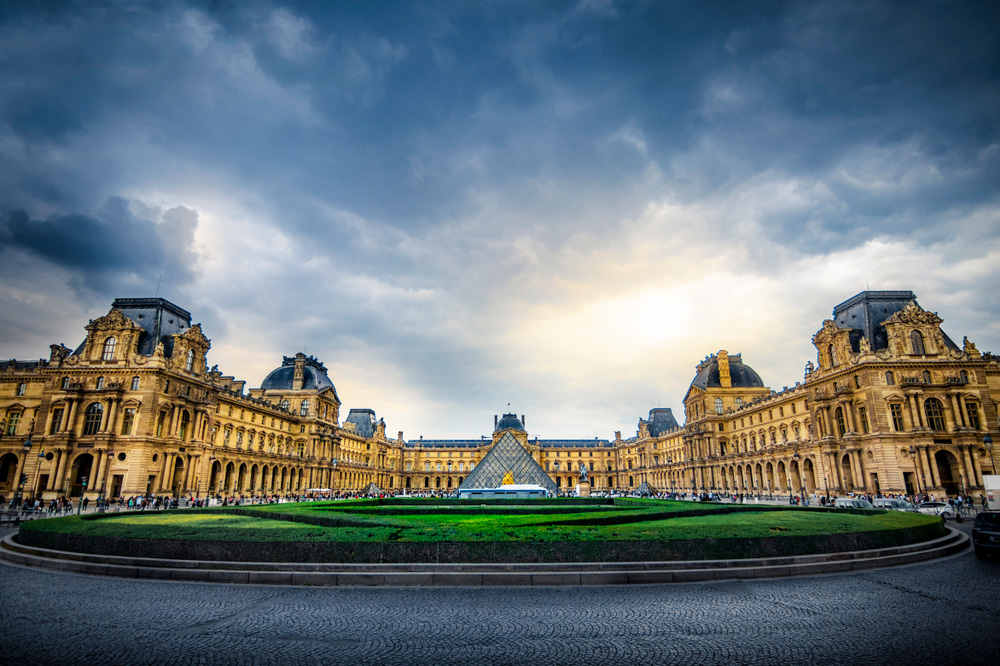
Last year, in the midst of Saudi Arabia’s at-home efforts to bolster its arts and culture sector, one local organization went beyond the Kingdom’s borders to support Islamic Art in Germany – Alwaleed Philanthropies donated over 10.5 million US dollars to the Berlin Museum of Islamic Art. That same year, it was reported that the same organization, founded by the billionaire Saudi businessman Prince Alwaleed Bin Talal, also donated funds towards training Syrian and Iraqi refugees to work as museum guides for their countrymen.
This training was done under the “Multaka” project, which this week is reportedly aiming to expand beyond Germany into one particular museum in France. According to The Art Newspaper, the Islamic Art department of France’s renowned Louvre Museum is in talks with Alwaleed Philanthropies over “how to adapt the [Multaka] programme to the priorities of the Louvre and the French context,” quoting Yannick Lintz, the department’s director.
In addition to its work in Berlin and soon in Paris, the “Multaka” project has also inspired a two-year project in the United Kingdom entitled Multaka-Oxford, which according to Museum-Id.com “creates volunteer opportunities for people who have recently arrived in the city as forced migrants, and which uses the museum collections as a focus to bring people together.”
According to the paper, Oxford’s museums were inspired by the project, and the Pitt Rivers Museum and the Museum of the History of Science decided to run a similar project jointly. This falls in line with the museums’ seven-year-long outreach efforts with the city’s community of Arabic-speaking refugees.
Based in Riyadh, Alwaleed Philanthropies supports and initiates projects around the world, regardless of gender, race, or religion. It collaborates with a range of philanthropic, governmental and educational organizations to combat poverty, empower women and the youth, develop communities, provide disaster relief, and create cultural understanding through education.

















